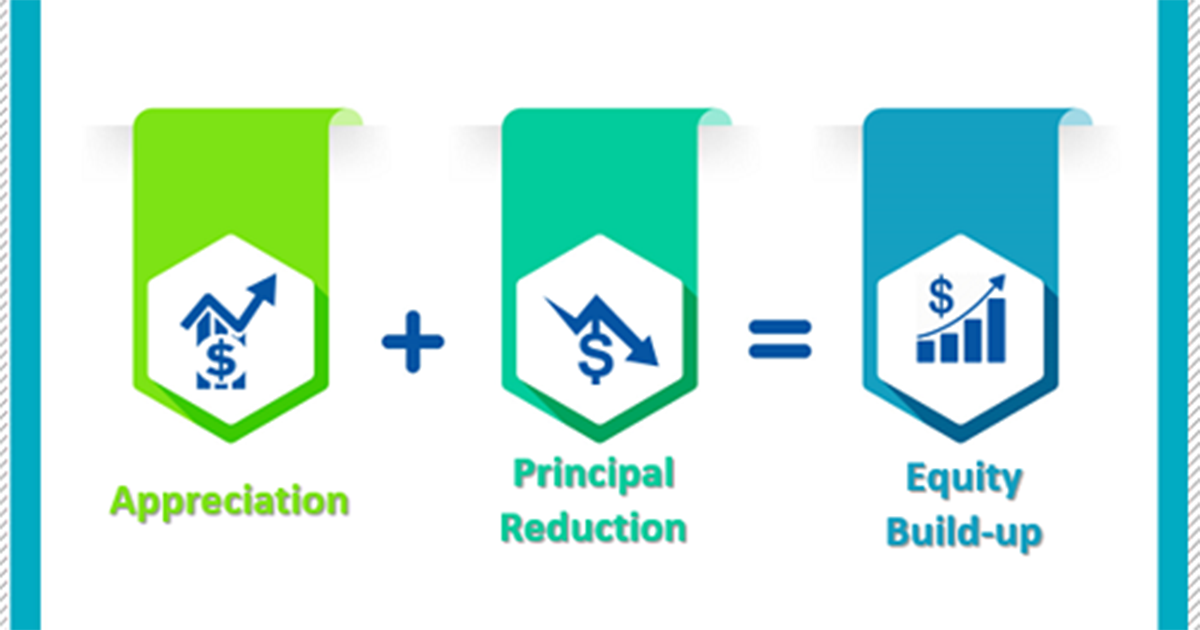Get Leverage Working for You
Leverage is an investment term that describes the use of borrowed funds to control an asset; sometimes referred to as using other people's money. Borrowed funds can affect the investment in your home positively. For instance, if you had a $100,000 rental property, collected the rents and paid the expenses and had $10,000 left, you would earn a 10% return (divide the $10,000 by the $100,000.) With no loan on the property, there is no leverage. If you decided to get an 80% mortgage at 8%, you would owe an additional $6,400 in expenses leaving you only $3,600 net. However, your return would grow to 18% because your investment is now $20,000 in cash (divide the $3,600 by $20,000.) Leverage, the use of borrowed funds, causes the return to increase in this example. While, most people associate leverage with rental properties, it also applies to a home. The larger the mortgage, the more leverage you have. A FHA mortgage with a 3.5% down payment ha...





